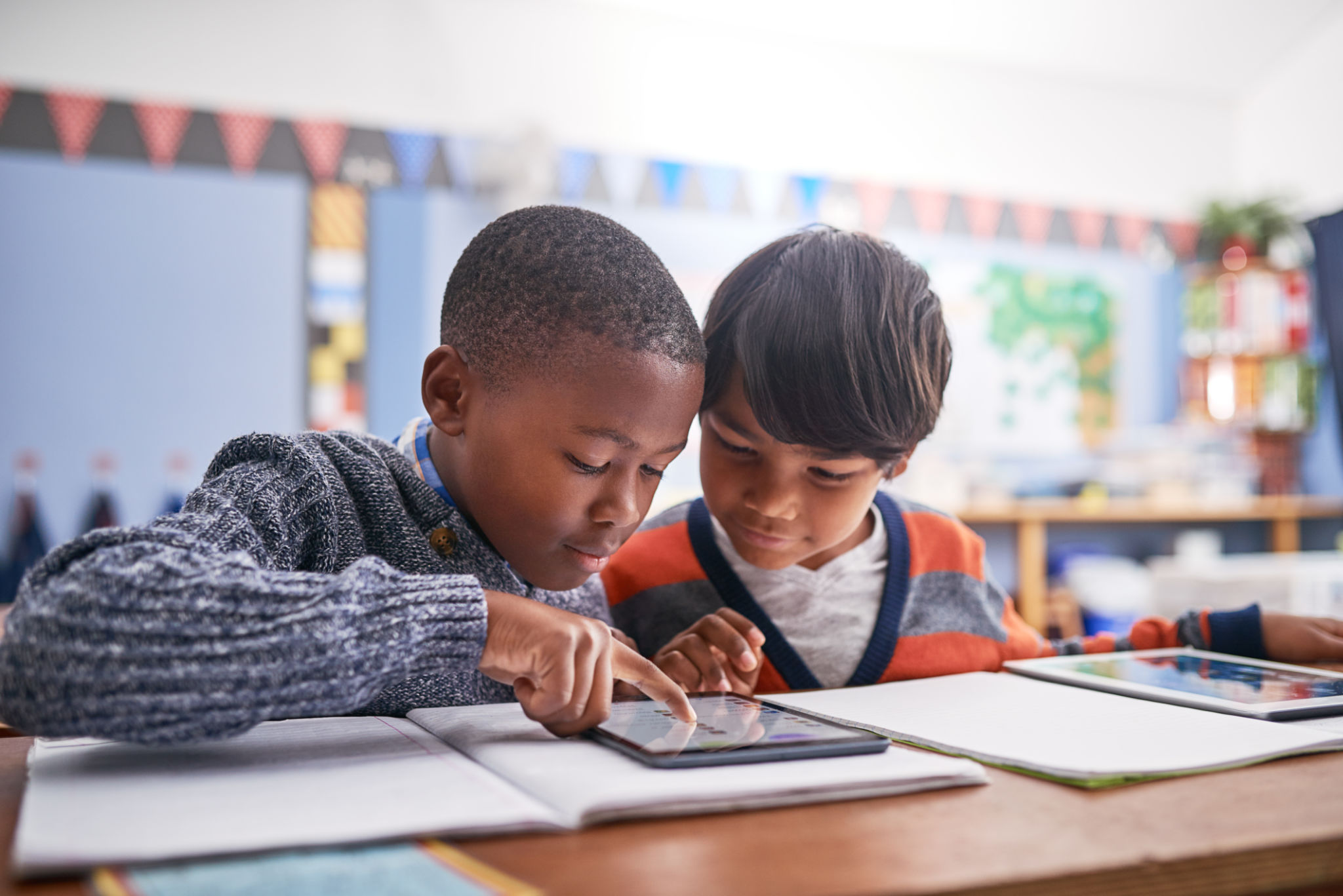Exploring the Latest Trends in Malaysian Education
Introduction to Malaysian Education Trends
Malaysia's education system is evolving rapidly, adapting to the global shifts in technology, pedagogy, and student needs. As we venture further into the 21st century, several key trends have emerged, reshaping how education is delivered and received across the country. These trends are crucial for educators, parents, and policymakers to understand and embrace.
One of the most significant changes is the integration of technology in the classroom. This transformation is not only enhancing the educational experience but also preparing students for a digital future.

Technology Integration in Education
The advent of digital tools and resources has revolutionized Malaysian classrooms. Schools are increasingly adopting *smartboards*, tablets, and online learning platforms to facilitate interactive learning. This trend is propelled by the government's initiatives to boost digital literacy among students.
Moreover, the COVID-19 pandemic accelerated the shift towards online education. Schools were forced to adapt quickly, leading to a broader acceptance and integration of e-learning solutions. As a result, students and teachers have become more adept at using digital tools, paving the way for a blended learning approach.

Focus on STEM Education
Another noteworthy trend is the emphasis on STEM (Science, Technology, Engineering, and Mathematics) education. Recognizing the importance of these fields in driving economic growth, Malaysia has been investing heavily in STEM programs at all educational levels. This focus aims to equip students with critical thinking and problem-solving skills essential for future careers.
Government initiatives have included developing STEM curricula, training educators, and organizing national competitions to spark interest among students. These efforts are designed to nurture a generation of innovators who can contribute to Malaysia's technological advancement.

Emphasis on Holistic Education
While academic achievement remains a priority, there's a growing emphasis on holistic education in Malaysia. Educators are increasingly recognizing the importance of developing well-rounded individuals who excel not only academically but also socially and emotionally.
This approach includes integrating life skills, arts, and sports into the curriculum. Schools are encouraged to foster environments where students can explore their passions and develop a range of skills beyond traditional academics. This holistic model aims to produce resilient and adaptable graduates ready for the challenges of a fast-changing world.

Inclusive Education Policies
Malaysia is also making strides towards more inclusive education policies. Efforts are being made to ensure that all students, regardless of their backgrounds or abilities, have access to quality education. This includes providing resources for students with disabilities and implementing programs that address the needs of marginalized communities.
The shift towards inclusivity is evident in policy reforms and increased funding for special education programs. These initiatives aim to create a more equitable educational landscape where every student has the opportunity to succeed.
Conclusion
In conclusion, the landscape of Malaysian education is undergoing significant transformation. From embracing technology and STEM to fostering holistic and inclusive learning environments, these trends are shaping a future-ready education system. By understanding and adapting to these changes, Malaysia is poised to cultivate a generation of learners equipped with the skills necessary to thrive in a globalized world.
